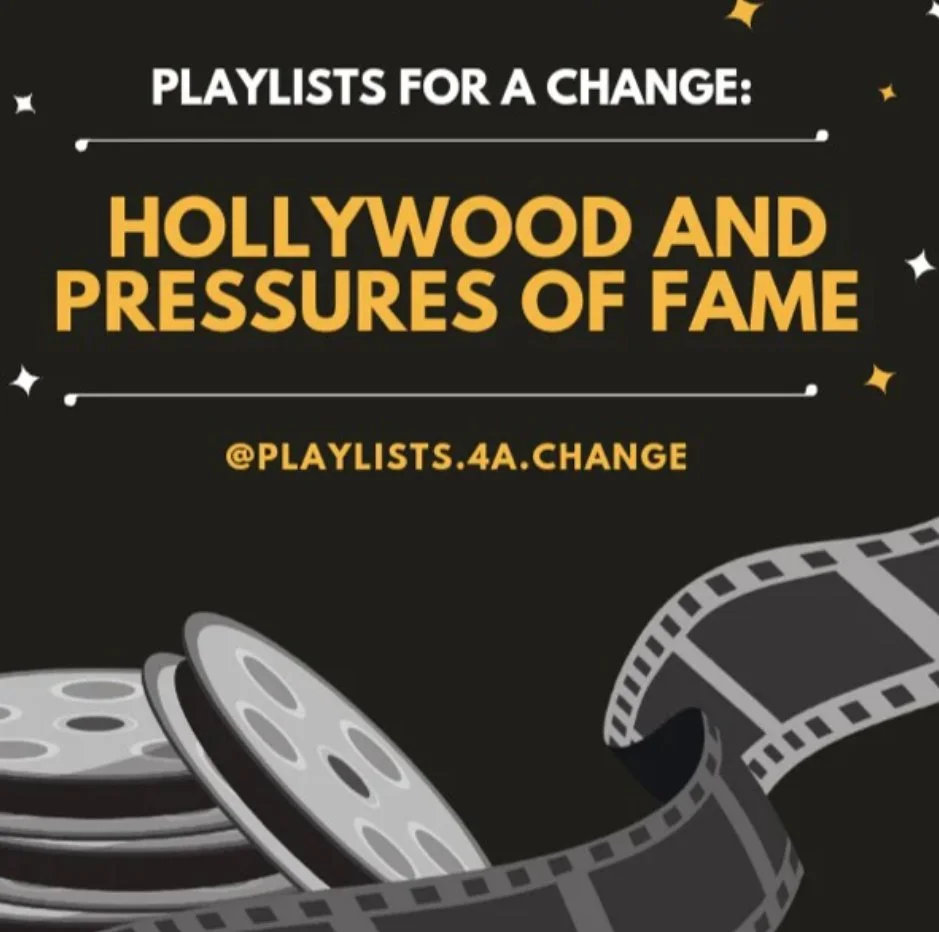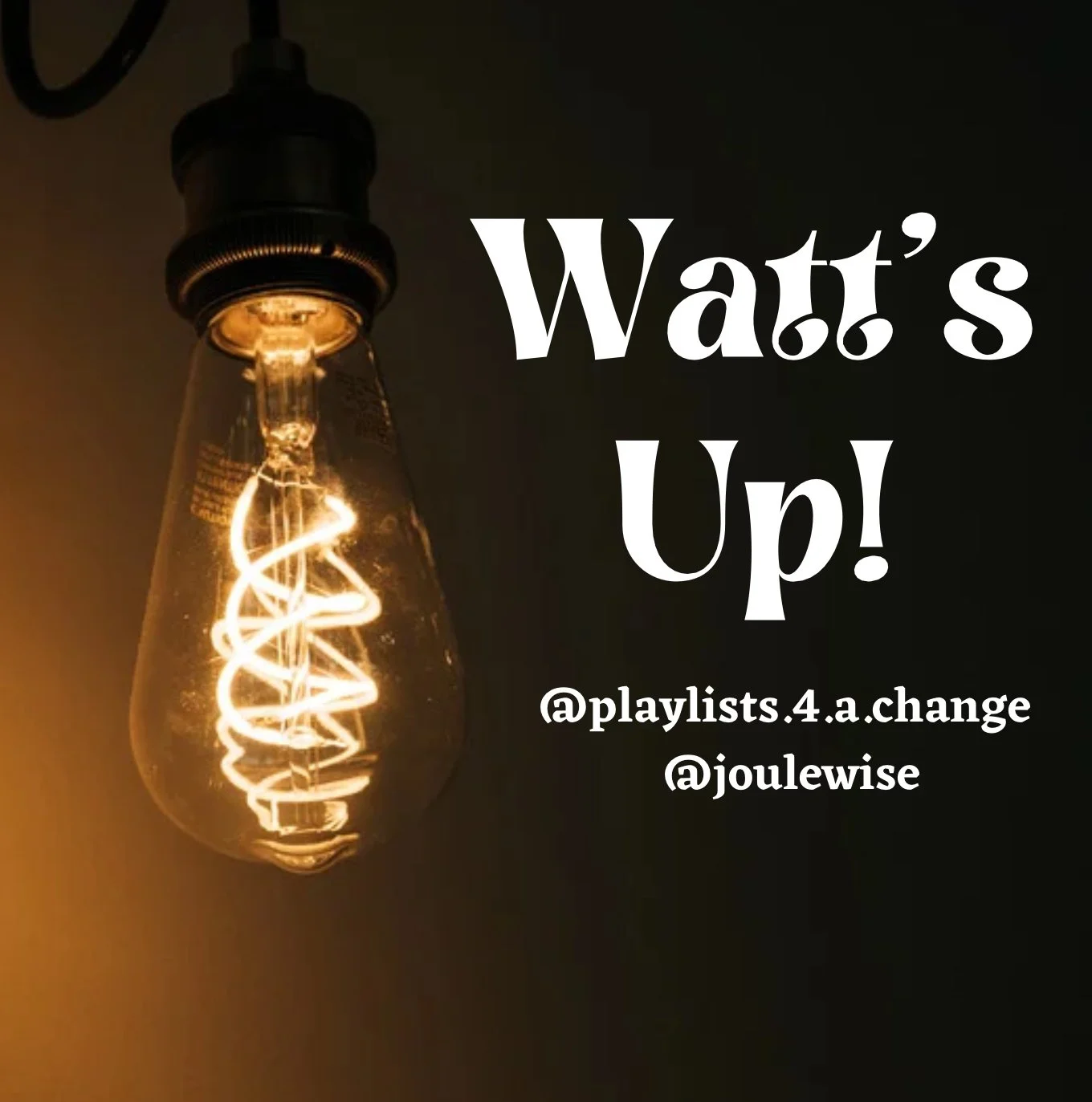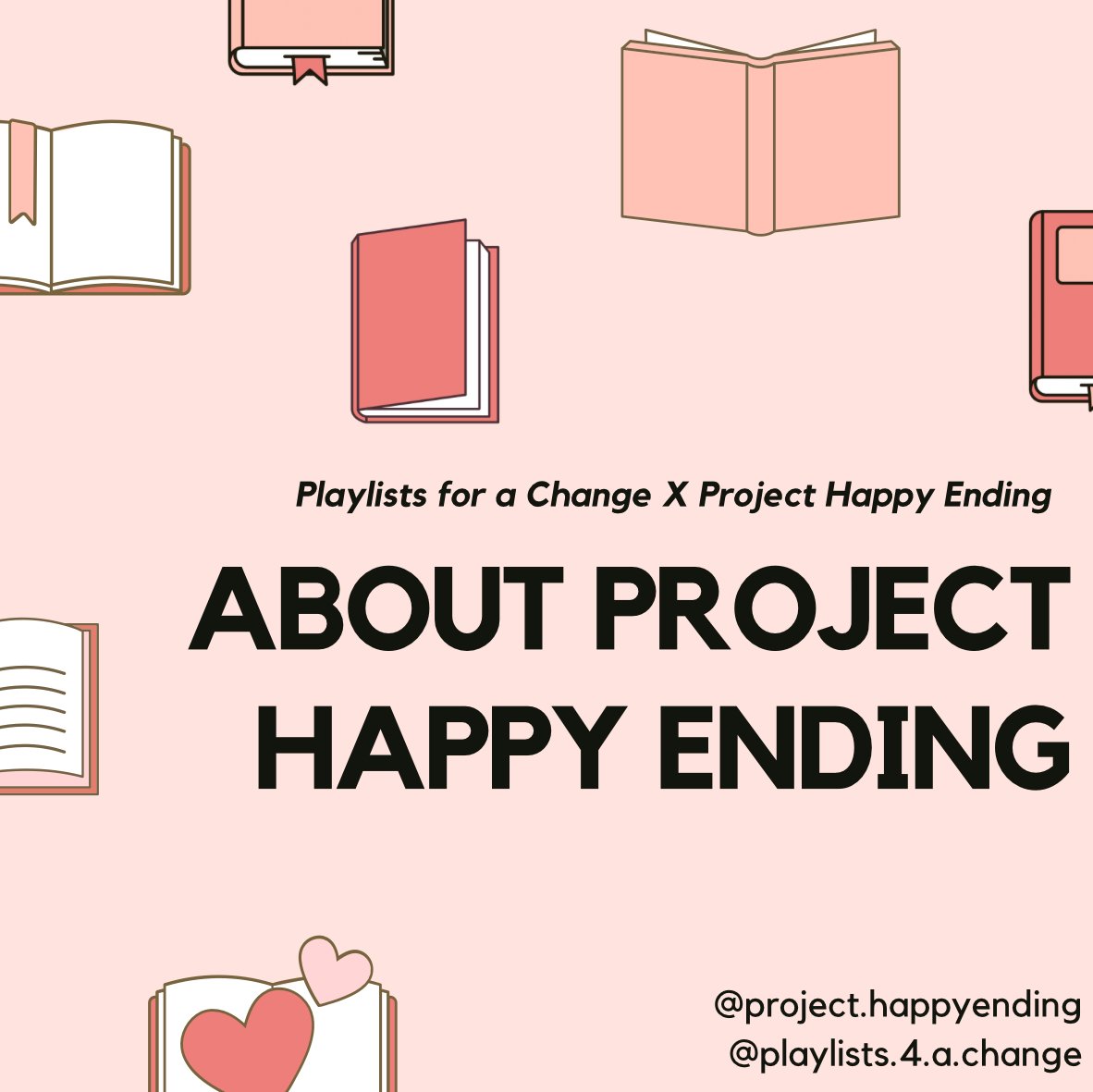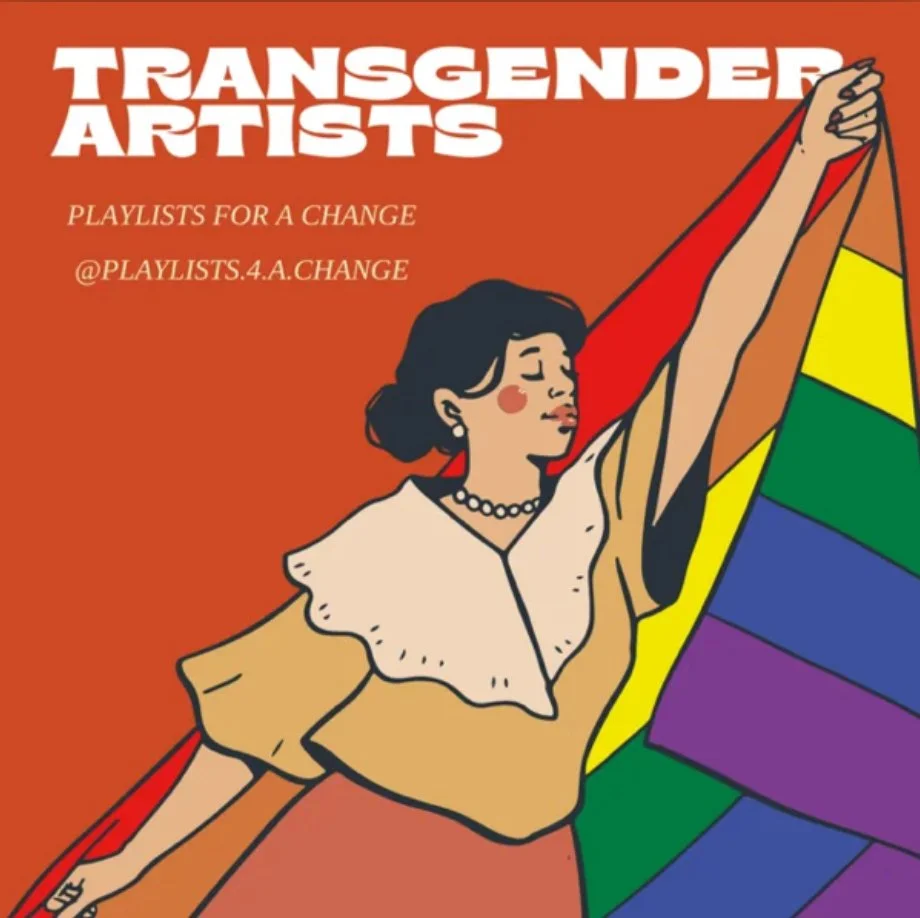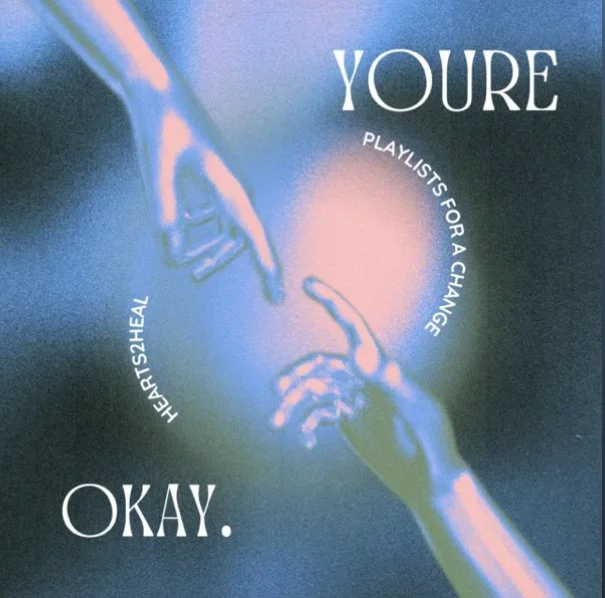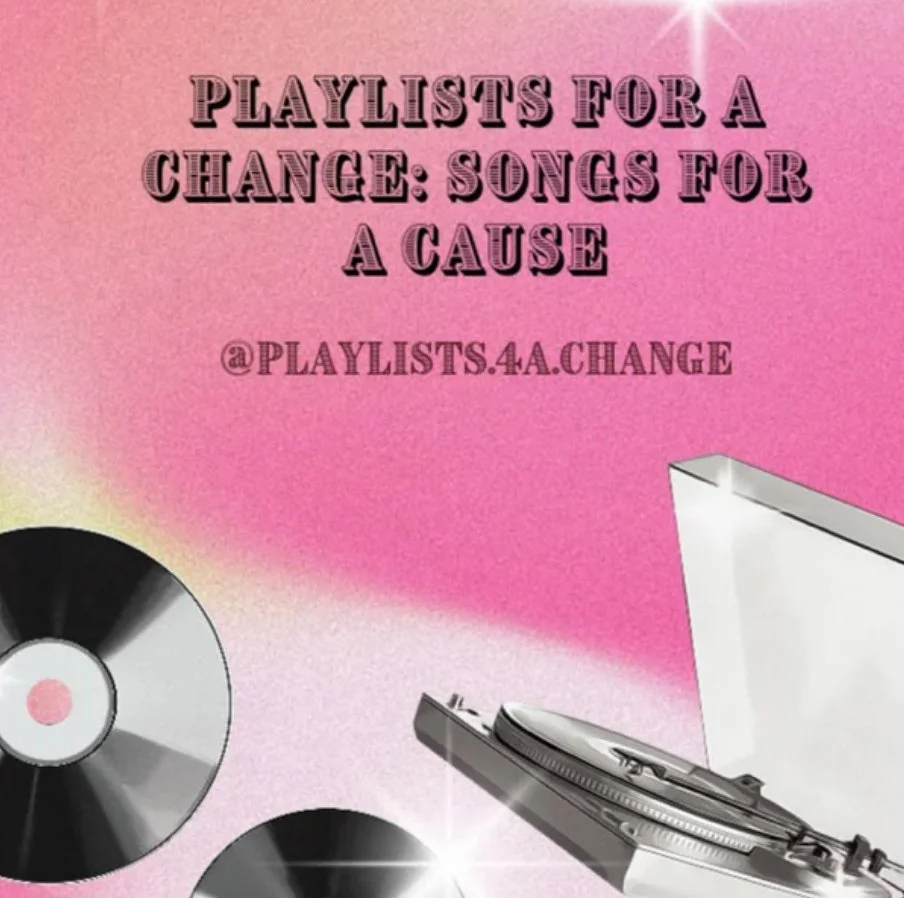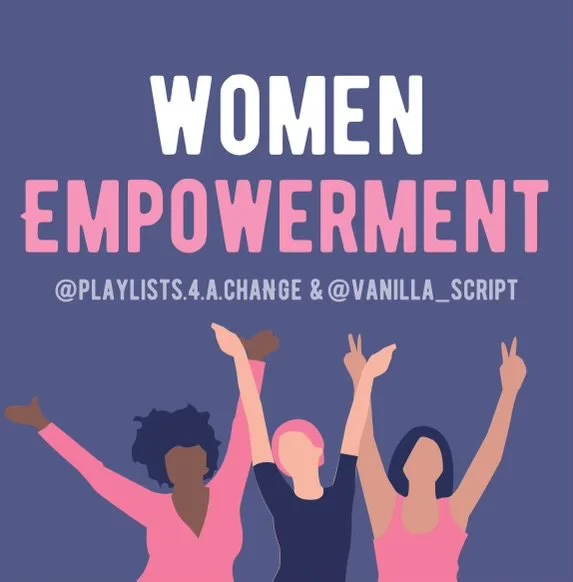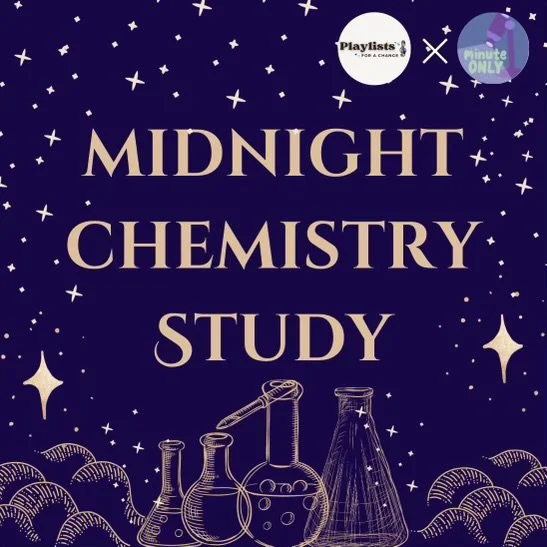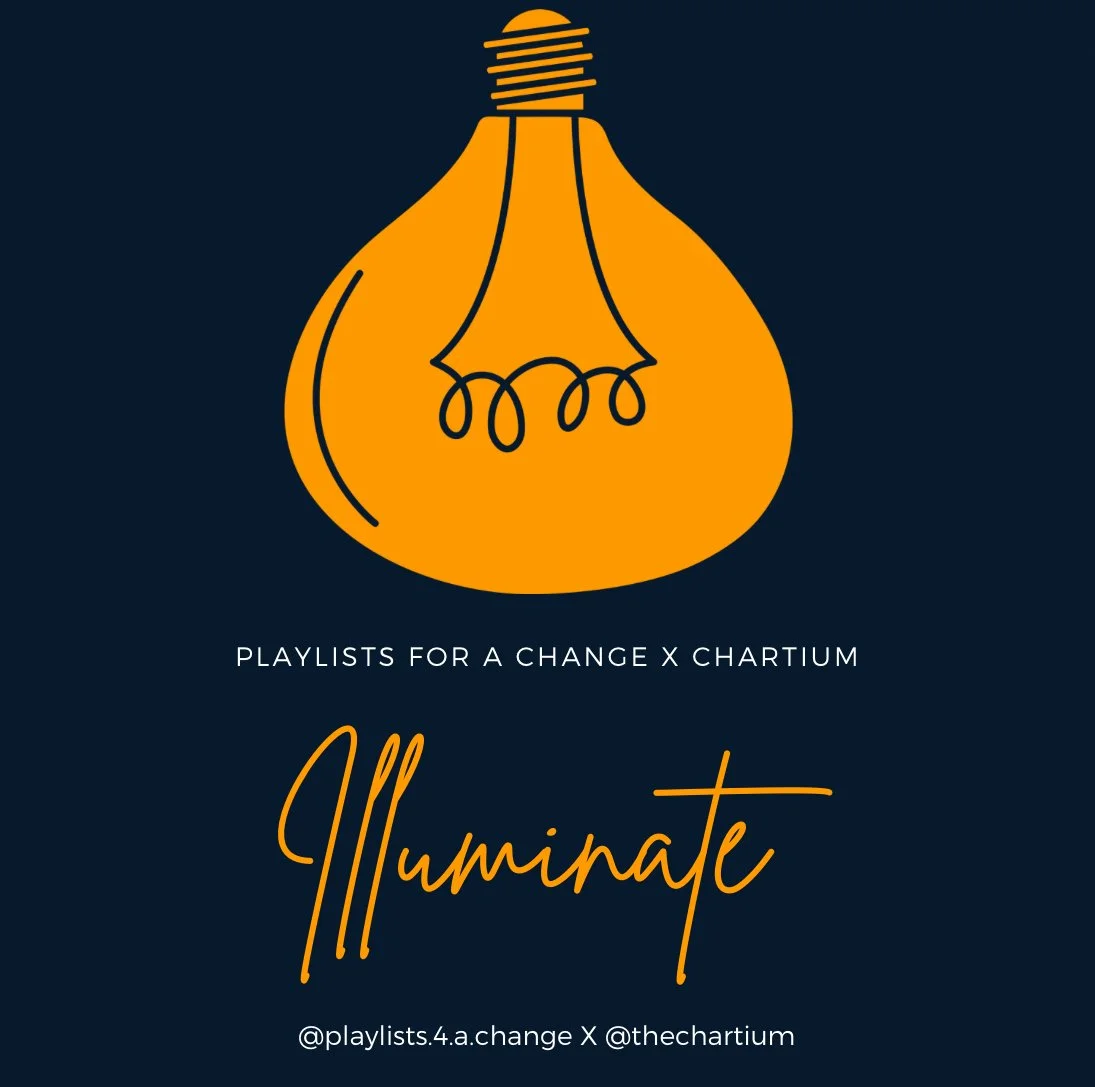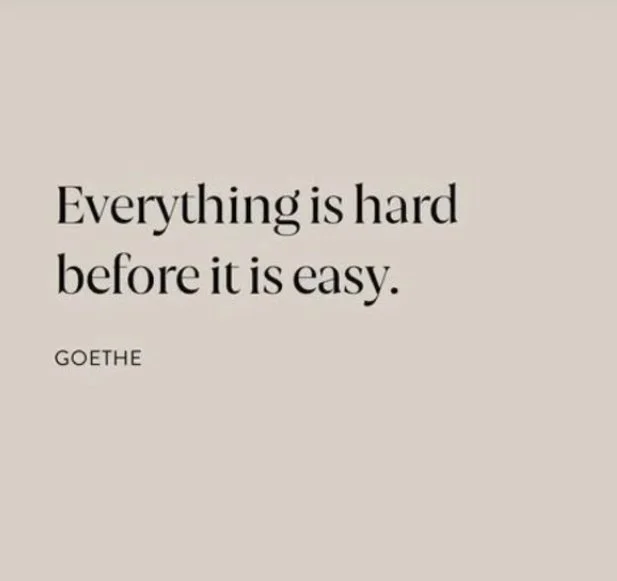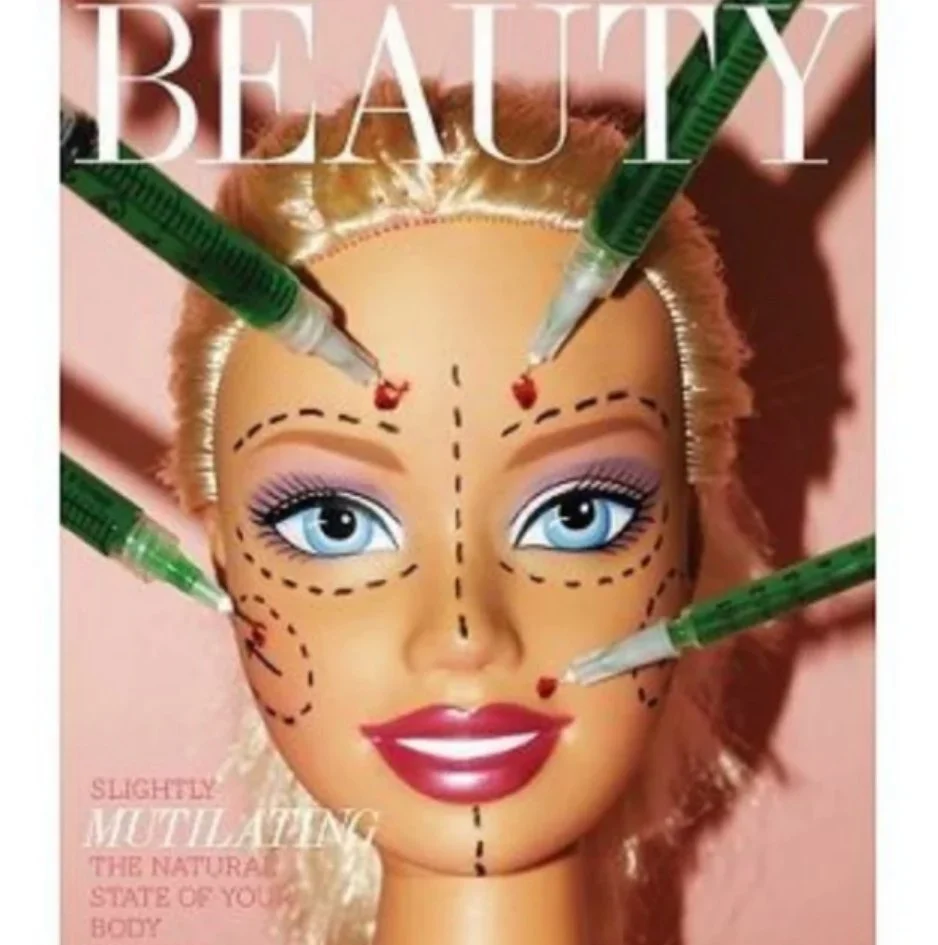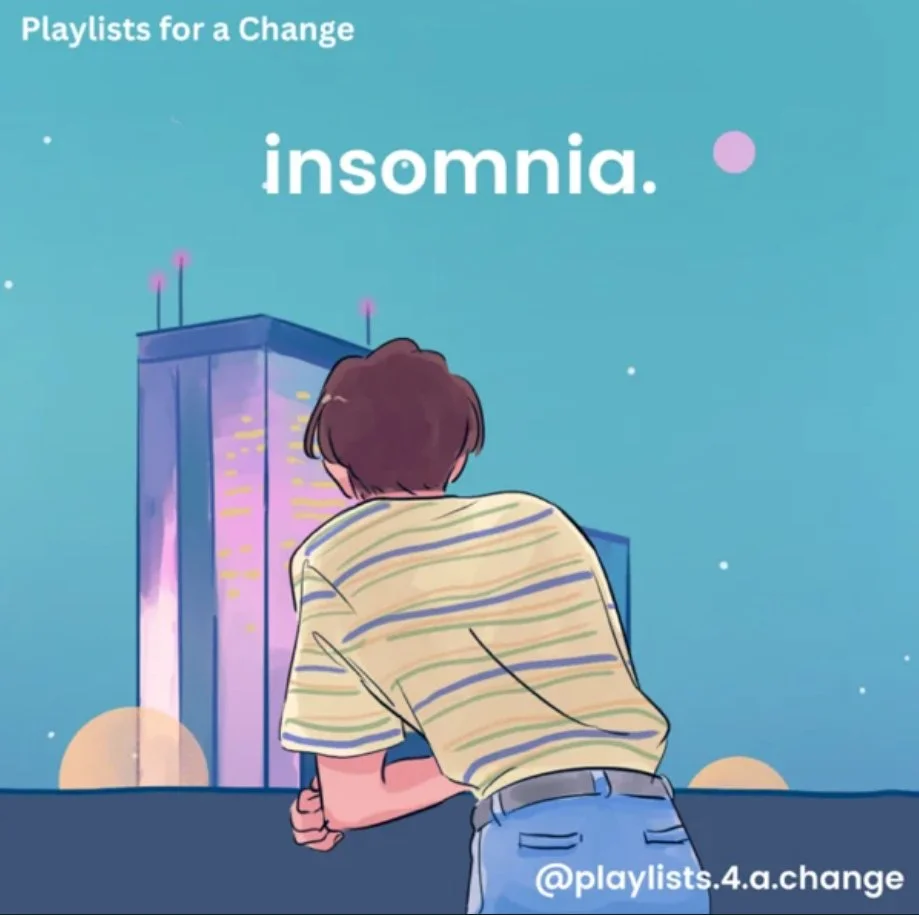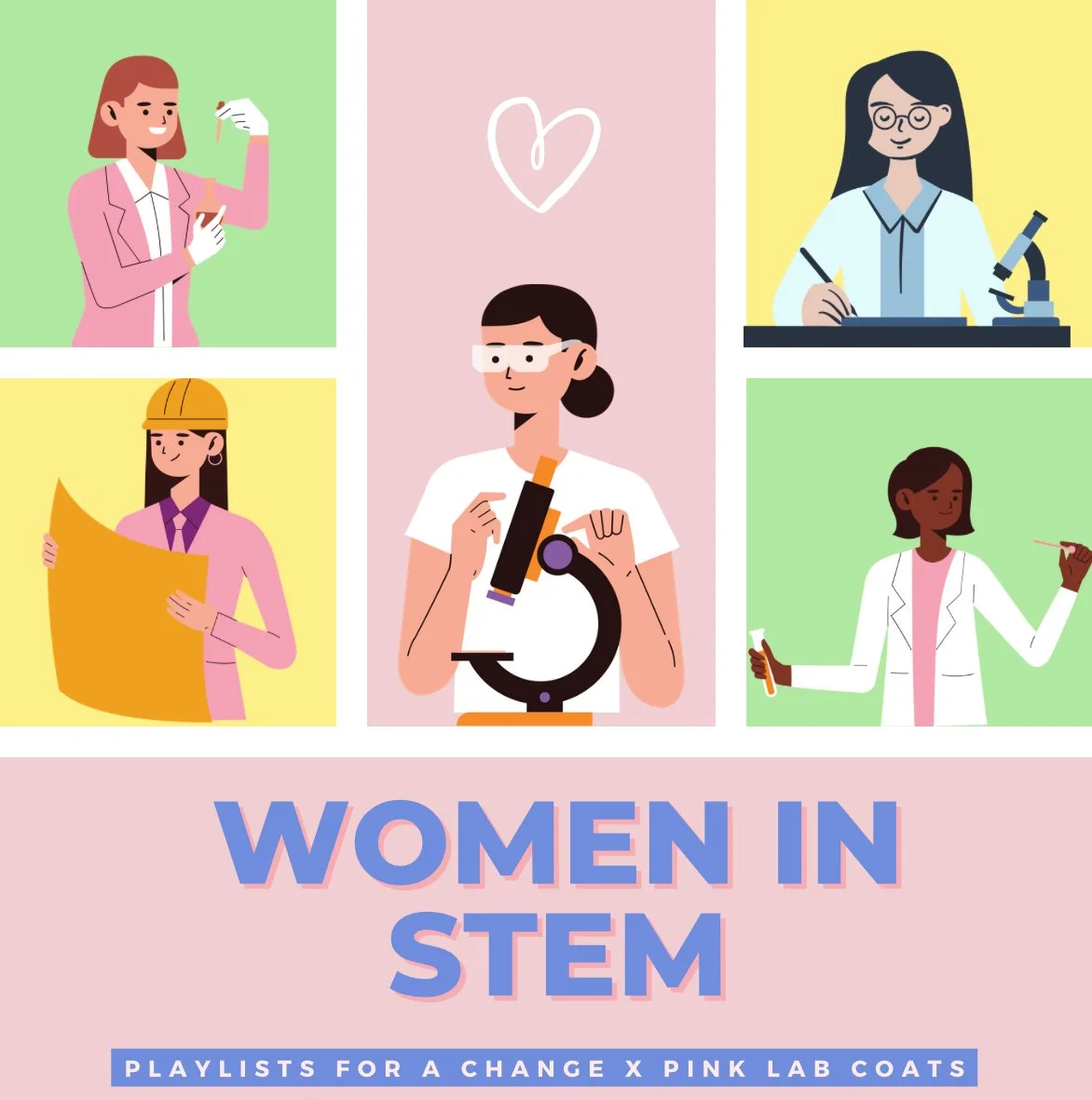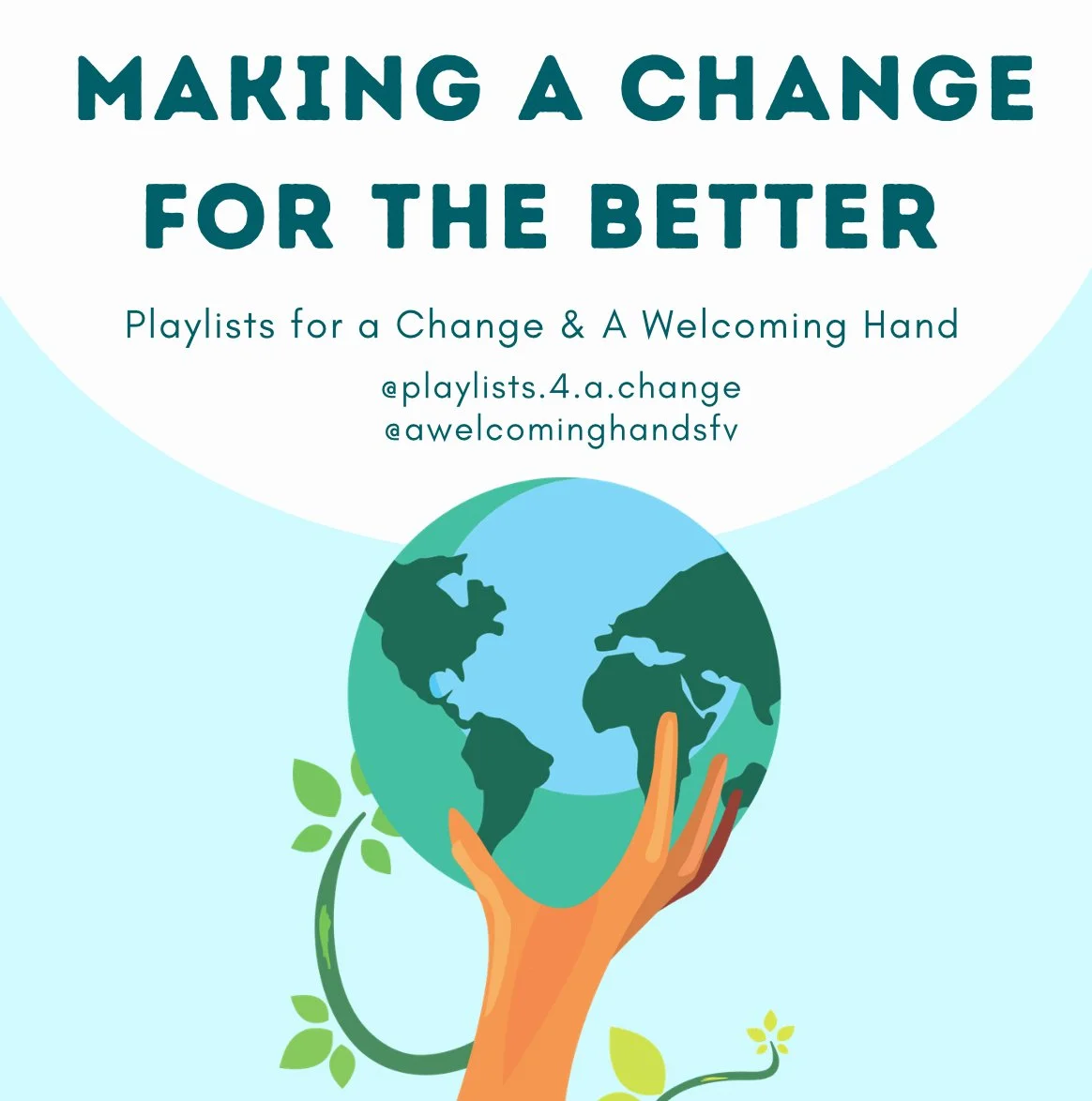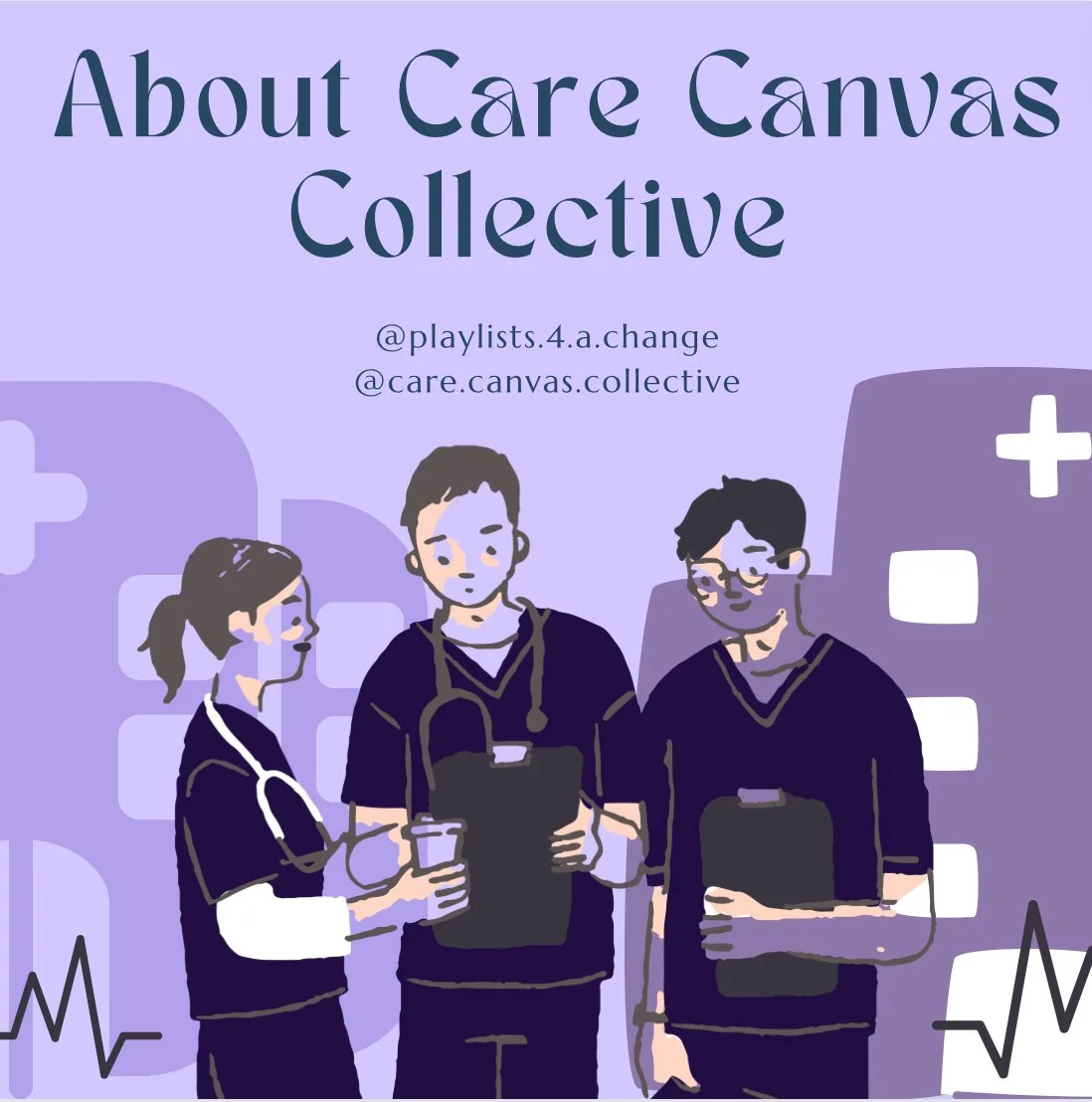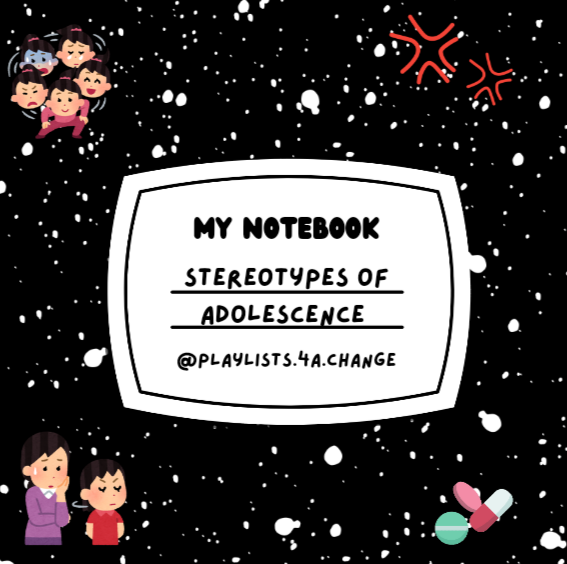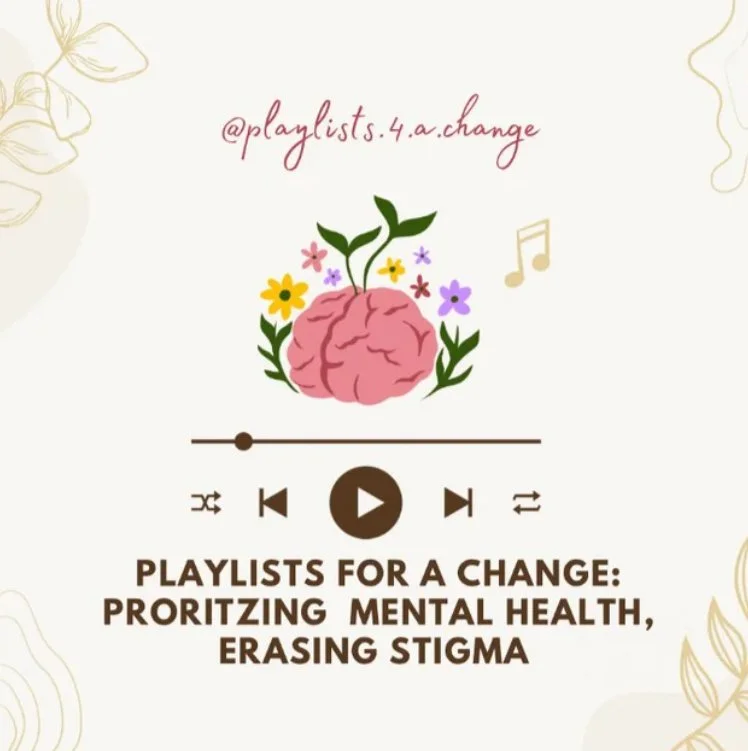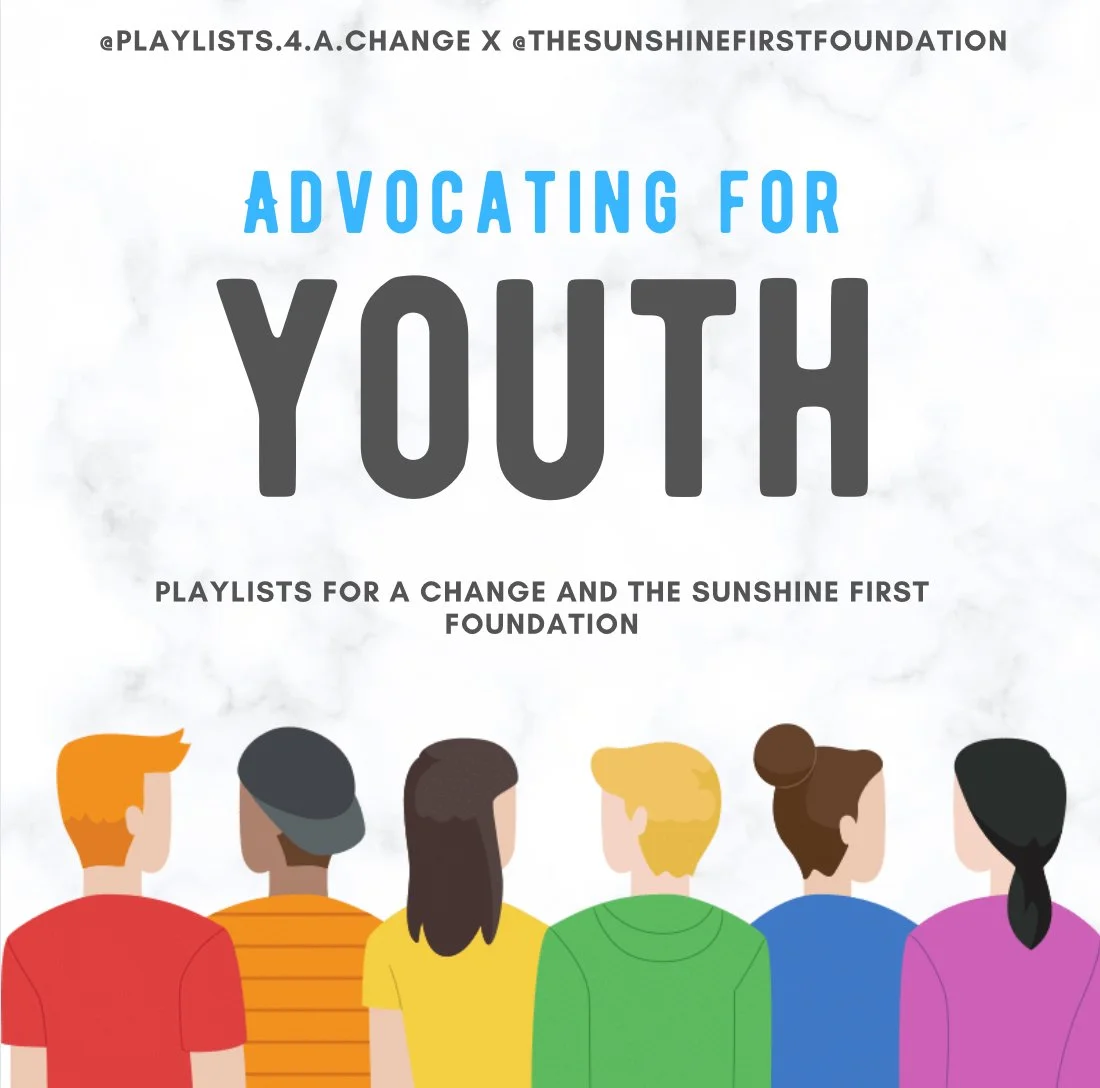Hollywood and Pressures of Fame
Hollywood and Pressures of Fame: What’s beyond the Screen? By Shannon Alfonso
When people think about Hollywood, one’s mind is filled with images of the endless red carpet, waiting for limbos to park at the curb, followed by special entrances. They think of the intense flash of cameras, the paparazzi chanting A-listers’ names, urging them to sign posters with their face plastered on it, the black ink melting in the hot, California sun. They think of celebrities such as Kim Kardashian, Zendaya, Johnny Depp, Leonardo DiCaprio, those who are prominent in the industry. This is the idealized version of Hollywood that the public is meant to see. However, what is beyond this vision? Is it really a colorful place, sprouting with fruitful opportunities or is it colorless, where dreams die? These questions will be answered in the following article.
The growth of Hollywood
Hollywood’s peak was during the roaring 20’s, a time where the economy was flourishing, leading to the rise of the middle and upper class. With the increased wealth that they began to enjoy, cinema became a common leisure activity. This had a lasting influence on American culture in particular, which stimulated the production of movies. As a result, cinema was taking the country by storm. Soon, the public began to idolize certain actors/ actresses, creating fan bases and plummeting them to fame.
Idealization of Hollywood vs reality
Many people think that Hollywood is a place where dreams come true, but what they fail to recognize is that the same experiences that one person has in the industry can be completely the opposite from another. On screen, we see the actors and actresses seamlessly absorbing their roles, like cinematic chameleons. Which brings on an aspect that is not often looked at: the impact on child actors. Often, kids are told to put on a fake smile or are taken advantage of by adults, because they are considered to be naive and vulnerable. They are taught to “obey” and listen to adult’s wishes, even if they have bad intentions for them. Brooke Shields is a prime example of this. During the late 70’s and more into the 80’s, she was labeled as the most beautiful girl at age twelve, and reportedly said that she was sexualized as a kid. When she was eleven years old, she signed up to do a movie titled ‘Pretty Baby’ (1978) in which she plays a child prostitute. For the role, she was told to kiss her co-star who was 27, at the time. She states that she felt disgusted and she didn’t know how she got through it. Brooke also said that during the 80’s exploiting kids was “normalized,” if it had happened today sexualization would not go so far as she experienced it.
If you wish to hear Brooke Shields’ story more in detail, you can watch her documentary titled: Pretty Baby: Brooke Shields, on Hulu.
Here is the trailer:
https://youtu.be/7K1h1QYzpgA?si=QhN4CtA52YnU24gY
Pressures of fame
Hollywood’s idea of glamorizing celebrities' lives, portraying them as perfect human beings to evoke a certain feeling or to maintain a “good image” in the public eye, is a huge problem. For the longest time, people have assumed that celebrities are happy and enjoy their job. However, during the 1980s and 1990s, many have exposed how isolated, alone, and desperate they were to seek a “normal” life. For example, Michael Jackson has stated that he would disguise himself and hide from the paparazzi. He described how harrowing and difficult his life was growing up in the spotlight at a young age. Britney Spears is also a victim of exploitation in the industry. She was forced to sing in a high-pitched “baby” voice to sell more albums. This idea did work, and made her the pop star that she is today. Although, this has hindered Britney from showing her authentic singing talents and range. This was also believed to keep her “teen image.”
The idea that celebrities need to be a perfect role model and be presentable on screen, offers many unrealistic expectations. Many actresses are told to go on a diet, dye their hair, wear heavy makeup, etc against their own will. It often goes beyond appearances and can influence relationships, especially romantic ones. Some celebrities don't come out to the public about who they are dating, to maintain a clean or childlike image. This is why celebrities crave to have a normal life, where they are in control of little things like this.
My playlist
My playlist will focus on the demands and pressures that many celebrities or people in the industry have to face on a daily basis. Through my song selection, I hope to have created the tense and suffocating atmosphere of Hollywood. I want people to recognize the fact that celebrities are human beings as well, and that it’s not okay to treat them like they are supernatural beings or objects.
Listen here! https://open.spotify.com/playlist/0x6qHylvpy0KD0IOHboihB?si=ax1vkI96TSagfSyosoOHkw&pi=u-REv6MRgARemU
Watt’s Up!
Playlist and Article by: Joulewise
Igniting passion and igniting bulbs for a sustainable journey to the renewable world require a harmonic contribution of all. Groove and inspire with, ‘Watt’s Up’. It is more than just a playlist—a symphony of inspiration, guiding us toward a brighter, greener future. In a world hungering for solutions to our environmental challenges, this curated collection of tracks serves as a symphony of motivation, guiding listeners toward a future fueled by clean, renewable energy sources. From the electrifying beats of 'Solar Symphony' to the musical melodies of 'Wind of Whispers,' each song in this playlist embodies the spirit of progress, resilience, and hope. Join us on this musical voyage as we harmonize with nature, energize our commitment to sustainability, and light up the world with the brilliance of renewable energy. Let's unite in song and action to create a harmonious, sustainable future with ‘Watt’s Up’!
Listen here! https://open.spotify.com/playlist/4WSvPQwgR0aTplzEZ9cTR1?si=-C_HKBCXRKmUH2c9XOJ_VA&pi=u-baktSyr_RX6E
About Project Happy Ending
Article and Playlist by: Project Happy Ending
Project Happy Ending is a promising initiative where energetic youths worldwide, work to transform the inspiring stories of children into a personalized book with a happy ending, hoping to show young warriors all over the globe that there is light at the end of the tunnel. Our skills and efforts can be valuable in providing hope and motivation to these children. Aside from our main project, we also hold smaller projects every month to further our impact.
By creating these personalized stories that feature each child as a hero/main character, these young children are enabled to view a much broader perspective: that they are unique, strong individuals who will find their happy ending one day.
Listen here! https://open.spotify.com/playlist/2zsEv6Vh5ybltyRoAnT9VQ?si=VtS8Ajb9RpScON84eVD6pw&pi=u-yeW2TVqqR_eG
Transgender Artists
Playlist and Article by: Ben Ramakrishnan
What is a transgender person?
Transgender people are individuals whose gender does not correspond with the sex they were assigned at birth. Trans people are part of the LGBTQ+ community (hence the “T”). “Transgender” is an umbrella term that encompasses transgender men and transgender women as well as non-binary people such as genderqueer, genderfluid, agender, gender non-comforming individuals, and more. Non-binary people do not fit in with the “binary” genders of man and woman. Many find themselves somewhere in between, somewhere outside, or without a gender at all. While these labels may seem confusing at first, it is totally ok, as human beings, to make mistakes about others’ identities. What is important is that we make sure to respect everyone’s preferred name and pronouns.
Are these songs about the trans experience?
The songs featured on the playlist are not necessarily written about or tied to the transgender experience, though a couple may touch on similar themes. This playlist is to celebrate and bring light to transgender artists. That does not mean that all, or any, of their music is about being trans.
Why this playlist?
Transgender people are astronomically underrepresented and oftentimes misrepresented in popular media. As such, musical artists who identify as trans are usually less well-known than their cisgender counterparts, especially considering the discrimination that transgender people face on an everyday basis. This playlist aims to bring light to the many talented, prolific musicians who happen to be transgender. Keep in mind that this is merely a small snapshot of trans artists and there are miles more to love, celebrate, and appreciate in addition to the ones featured on the playlist.
Listen here! https://open.spotify.com/playlist/7vZHpsoqePDu2e3COCM47R?si=wiTNrkK6RNmSMsiQrqsqhw&pi=u-bTkNvRQjQSG2
You’re Okay.
Article and Playlist by: Hearts 2 Heal
At Hearts2Heal, our purpose beats with the rhythm of empathy and innovation, driven by the desire to illuminate the path toward mental wellness. Through the fusion of STEM and compassionate advocacy, we envision a world where hearts heal, minds flourish, and stigma dissipates. Our mission is not just about raising awareness; it’s about sparking meaningful conversations, fostering understanding, and providing tangible solutions rooted in scientific rigor and human connection.
With every project we undertake, we strive to bridge the gap between mental health and STEM disciplines. We believe that by harnessing the power of technology and scientific research, we can dismantle barriers to access, challenge misconceptions, and empower individuals to embark on their healing journey with courage and resilience. At Hearts2Heal, we’re not just building a brighter future; we’re stitching together the fabric of compassion and knowledge to ensure that no heart suffers in silence.
Listen here! https://open.spotify.com/playlist/31BrPbaEkvZSba8d5Z7k6N?si=rbDfAkhXS_Weon93gdErsg&pi=u-vQKBSOKcQcmr
Songs for a Cause: Music equals Change
Playlist and Article by: Shannon Alfonso
During the 1980s, 90s, and early 2000s many issues such as famine, disease, illness, poverty, etc arose. People in the music business, having seen the horrors in the world, took the initiative to write, produce, and record music to provide relief and aid in times of distress. Charities have arisen from these events and have proposed music as an outlet, hoping to bring awareness for causes. In other words, music is like a bandaid; it is meant to heal our wounds, alleviate our burdens, and give us hope in uncertain circumstances. Here are some songs that do just that...
‘JUST STAND UP!’ - Artists Stand Up to Cancer
“ JUST STAND UP!” is a 2008 charity single, featuring well- renowned female singers such as Beyoncé, Mariah Carey, Rihanna, Fergie, Miley Cyrus, Ciara, and more. The song was meant to provide support and raise money for the charity Stand Up To Cancer (SU2C), in hopes of accelerating cancer research. There was also a powerful all-star television performance of the song which tugged on the heartstrings. Broadcasting channels such as ABC, CBS, and NBC dedicated a one hour commercial free time to this event. This was the first ever cross-network broadcast to raise funds to fight against a disease.
If you want to watch the performance, click the link here: https://youtu.be/HUEF-NzPnD8?si=fmyxzuKGmh-EfEjC
‘Do They Know It’s Christmas?’ - Band Aid
This song can be considered the British version of ‘We are the World,’ or vice versa. This was written to help the famine in Ethiopia, in 1984. The creation of this piece of music was thanks to BBC journalist Michael Buerk’s reports of the devastating event in Africa, drawing more awareness to the cause. In fact, BBC news was the first to ever document the famine. This prompted action in the United Kingdom, leading to the formation of charities, gathering famous artists to dedicate their talents to the song. Some of the artists that are featured on this song are George Michael, Boy George, Sting, Phil Collins, and more. Overall, the song raised £8 million, sold 2.5 million copies in the U.S, and reached #1 in 13 countries.
Here is the official music video for the song: https://youtu.be/GKDPz3T4W5U?si=1tk4blLNXy_rcIKC
‘Strange Fruit’ - Billie Holiday
This song is a protest against the inhumanity of racism, which was inspired by Lawrence Beitler’s photograph of the lynchings of Thomas Shipp and Abram Smith. The musical piece was originally a poem titled ‘ Bitter Fruit’ written by Abel Meeropol, a white Jewish school teacher in the Bronx, which he set to music, blossoming into ‘ Strange Fruit.’ The title is a hidden metaphor for African American bodies dangling from southern trees, calling out prejudice and violence. This song was very controversial as the FBI tried to silence Holiday and stop her from singing it. This issue is more explored in the film The United States vs. Billie Holiday on Hulu, if you are interested in learning more!
Here is the trailer to the film: https://youtu.be/USi-ppCfxEA?si=d70-NnF1WrL5FcBJ
‘Voices That Care’ - David Foster
‘Voices that Care’ is a song written by David Foster, Peter Cetera, and Linda Thompson. This song raised over one million dollars for the American Red Cross and was meant to help boost the morale of U.S. troops involved in Operation Desert Storm. It features popular singers such as Celine Dion, Bobby Brown, Michael Bolton, and The Pointer Sisters, as well as Hollywood names such as Richard Gere, Whoopi Goldberg, Billy Crystal, and Meryl Streep. The single reached number 11 on the Billboard Hot 100, and features Kenny G on the saxophone.
Check out the music video: https://youtu.be/g4jKHTJRJmY?si=WnpJ8Fr_qW-Y86eI
‘We are the World’ - USA for Africa
“ We are the World” is a 1984 charity single, composed by Lionel Richie and Michael Jackson. The idea to come up with this song started with Harry Belafonte’s decision to provide relief during the African famine in Ethiopia. Richie and Jackson then came up with a list of the 80’s most popular, and acclaimed artists to join the project such as Cyndi Lauper, Bruce Springsteen, Kenny Loggings, Tina Turner, Billy Joel and more. Through this song, the United Support of Artists for Africa, also known as USA for Africa raised 64 million dollars, and snubbed many awards at the Grammys the following year, including record of the year.
Recently, the Netflix documentary called “ The Biggest Night in Pop" was made, detailing the story and cause behind the song. Be sure to check this out if you wish to learn more about the creative process in more detail.
Here is the trailer: https://youtu.be/MD3oU1gowu4?si=g1_82i9B6HoNFd5S
Listen here! https://open.spotify.com/playlist/7da7RYRkF85UPt4SwWgOrf?si=lnho7cRlQmWh3vfKVUbung&pi=u-JI3vLABfQvyu
Fierce Femmes
Playlist and Article by: The Vanilla Script
Women empowerment is the belief in the inherent worth, strength, and capabilities of women. I want us to dive into this through the art of music.
“Fierce Femmes” is more than just a playlist; it’s a testament to the strength, resilience, and unwavering spirit of women everywhere. In a world where women are often held to unrealistic standards and face systemic barriers, this playlist serves as a rallying cry for empowerment and self-acceptance. Each track in “Fierce Femmes” celebrates the diverse experiences and voices of women, from Beyoncé’s anthemic declaration in “Run the World (Girls)” to Lizzo’s unapologetic self-love anthem in “Good as Hell.” Through these empowering songs, I want women to be reminded of their inherent worth and power, inspiring them to embrace their authenticity and boldly navigate the world with confidence.
This playlist is a celebration of the strength, resilience, and unapologetic confidence of women.’Fierce Femmes’ amplifies the voices of women and encourages listeners to embrace their own power.
Listen here!: https://open.spotify.com/playlist/3owK3GjLBQ2L0oyP7Upr5f?si=rC-rc_zmQqew0_C5R7ulSw&pi=u-OY2jeYulRLK4
Midnight Chemistry Study
Playlist and Article by: One Minute Only
Midnight Chemistry Study
Amid exam season, we hope to create a playlist to help you through this stressful and tense time. At @One.Minute.Only we create bitesize content to help you with your revision and learning on our Chemistry and Physics accounts, and we release easy-to-read information about a wide variety of topics on our main account. As exam seasons approach and those inevitable late nights start to creep in, we hope this playlist can relief your stress and accompany you through the study period, whilst giving you new inspiration :)
The playlist combines soft piano music, classic anime film scores, and relaxing Lofi tunes to help create the perfect ambience for the late-night sessions. A playlist with no lyrics aims to maximise your focus whilst simultaneously providing a little motivation to the finish line. The story will be posted on Playlist 4 a Change’s blog and can also be found on Playlist 4 a Change’s spotify.
We hope you enjoy and check out @one.minute.only for revision content and more, and we look forward to more playlist collaborations with Playlist for a Change!
Listen here! https://open.spotify.com/playlist/4UAsCTBJYLLQpUXlUmA9oL?si=VFtFSCZTQlGXosSsI9PGaw&pi=u-4aiajTK6RR2y
About TutoCo
Article and Playlist by: TutoCo
Hi, we're TutoCo! Our playlist is centered around learning, whether it be in school or as a person, and some themes surrounding it. The songs we selected encompass messages of transition and success, which relates to graduation and milestones throughout the academic years.
We wanted to have a balanced playlist, so we incorporated both uplifting, calming songs (like the lofi) and songs about pressures and a strive for validation.
Listen here! https://open.spotify.com/playlist/2hPzZPi65CIiORrxOCVPft?si=SRO-KZ_ZRVm5p0mxoVTxQw&pi=u-4YJfHEKzSmKP
Illuminate
Article and Playlist by: The Chartium
I created Illuminate in order to share my experiences with creative expression. Growing up, my childhood was filled with funny and absurd inventions, glitter gel pens, fantasy novels, offbeat Garageband compositions, and skits I had directed with my elementary school friends. As a child I rarely doubted my ideas, spontaneously pursuing my dreams rather than contemplating about its consequences. However, as I grew up, the stress and anxiety of adolescence took a toll on my mindset, rendering me to ponder on an idea’s ‘what ifs’ rather than its potential. As an avid writer, the fun and excitement of crafting a novel soon escalated into a series of negative thoughts, my mind constantly calculating a success rate for every story I had created. ‘Would people be interested in reading this?’ ‘Would someone make fun of me for posting this?’ ‘Why can’t I write as well as them?‘
I suppose there isn’t an exact solution to overcoming this fear, but something that helped me in particular was the quote ‘We cannot shame ourselves into change—we can only love ourselves into evolution.’ This quote really resonated with me because I had previously rendered myself into a loop of self doubt, thinking that I had to change myself in order to gain the best results. However, by understanding that all my mistakes, my dreams, and my fears were all a part of what made myself me, I was able to rediscover my true imagination and express myself not only creatively, but authentically.
My playlist Illuminate is all about the highs and lows of discovering your creative self. The beginning of the playlist depicts the energy and excitement you feel when a creative idea sparks, and as you gradually delve into the playlist, you’ll notice some positive, energetic songs blended with some sad and reflective songs. This is to represent the mixed emotions and thoughts you feel in the midst of pursuing your idea. Lastly, the final song in the playlist is ‘Yes I’m Changing’ by Tame Impala, because I believe it perfectly encapsulates the feeling of finding yourself and that it’s completely alright to express yourself creatively.
It’s OK to not be OK
Playlist and article by: Celesta C
Introducing "It's OK to Not Be OK," a playlist create to embrace the complexities of our emotions and remind us that it's perfectly normal to freely express both our positive and negative emotions. In a world where there's often pressure to always put on a smiling face and mask our struggles, this playlist offers a safe space to acknowledge and validate our emotions.
With tracks that span various genres and artists, "It's Okay to Not Be Okay" provides a diverse musical journey that mirrors the ups and downs of life. Each song speaks to different aspects of the human experience, inviting listeners to explore their feelings without judgment.
In a society that often glorifies happiness and success while stigmatizing vulnerability and sadness, this playlist serves as a gentle reminder that it's okay to not always be okay. Sometimes, life throws us curveballs, and it's important to acknowledge our struggles rather than suppress them. By embracing our emotions and allowing ourselves to feel, we can foster greater self-awareness and emotional resilience.
Through the power of music, "It's OK to Not Be OK" encourages listeners to lean into their emotions, knowing that they are not alone in their struggles. Whether you're experiencing heartbreak, anxiety, or simply a bad day, this playlist offers a comforting soundtrack to accompany you through life's highs and lows. So go ahead, press play, and remember that it's okay to not be okay.
Listen here! https://open.spotify.com/playlist/4jWeoqSoLzYZX1pYYgR2bc?si=qyH772tUR_uN8akl5DE7-g&pi=u-bRZKYtIlRxW0
Everything is hard before it is easy.
Playlist and Article by: Education First
Life can often take a toll on us, whether it’s from school, personal insecurities, family struggles, or more. Throughout these dark moments, it is critical to stay positive and keep your head up and try your very best. At Education First, we help you and support you to attain that and become the best of you! Education First is a student led non profit organization designed to educate people on many different subjects and bring awareness to complex issues; not only do we enoucrage academic growth but we also love personal and social growth.
Education First had the amazing opportunity of working with Playlists for a Change. Alongside Playlists for a Change, we managed to create a music playlist with some of the songs representing our organization. Some of the songs we included were Keep Your Head Up Princess by Anson Seabra, which talks about the tragic story of a young girl throughout her life, who eventually because of the hard work and resilience she had inside of her she got to the top, where she wanted to be and become her own Queen. Another song we decided to include was Try Everything by Shakira from Zootopia. Although Zootopia is a kids movie, the message it delivers is extremely impactful because not only does it show determination from the protagonist’s, but also encourages the audience to not be scared to try new things, and to even challenge the unjust societal dynamics for the greater good. We included about 10 songs total, but the last song we will talk about briefly is This Is Me by Keala Settle from The Greatest Showman. This is a really impactful song as well, because it shows the importance of self- love as well as being generous enough and selfless enough to stand together and stronger than ever as a group.
We, Education First, are extremely delighted to have this opportunity to give back to the community for the greater good with awareness and education about anything possible. Also, Playlists for a Change is amazing, as they offer teens a platform for sharing stories, advocating causes, and inspiring change through music; we are beyong grateful to have had the opportunity to work together as a team, making a strogner impact in the community. If you haven’t already, check out Education First’s Instagram account @educationfirst_global
man or woman, we are not human barbies
Playlist and Article by: Minority Voices
Our playlist, “man or woman, we are not human barbies” really focuses on targeting how we as humans constantly seek flaws in ourselves. We could be thought of as the most beautiful person someone has ever seen and still be internally conscious of something no one even noticed. Our perception of ourselves is everything and it’s a natural occurrence for it to droop from our exhausting surroundings of so-called “perfect bodies”. The unrealistic expectations placed on both men and women alike to hold up a certain standard to be called “attractive” is a harmful message for teens who are learning to be comfortable in their bodies.
Songs like “Mrs. Potato Head” and “pretty isn’t pretty” encompass that feeling of helplessness and constant seeking for approval when it comes to our bodies that many teenagers might feel. Listening to music can be an almost ethereal experience sometimes, like a healing method for when you feel so heavy you can’t even get up from bed. That is what we hope this playlist will be for everyone listening.
Listen here! https://open.spotify.com/playlist/7jwd2f4qd72nOKcAQKJo8p?si=EJn0vof_QmGZQRj_9glavA&pi=u-4b8-6gc1RbuU
Insomnia
Playlist and Article by: Ben Ramakrishnan
“I've been trying to lay my head down / But I'm writing this at 3 a.m”
Mitski, “Francis Forever”
As stress and tumultuous events build up in our lives, many find that it can be increasingly more difficult to fall asleep at night or stay asleep. Similarly, as young adults grow older, it is not difficult to notice that the majority of teenagers notice that they are sleeping less. Usually, this is due to school and homework, procrastination, mental illness, or general stress. The impact of this sleeplessness grows even larger when it is chronic. This is what we call insomnia.
Insomnia is a sleep disorder that scientists estimate plagues one in four teenagers worldwide. Insomnia encompasses those who are unable to fall asleep or stay asleep at night and those we suffer from both. This disorder can be an absolute curse for those struggling with it on many levels. When we do not get enough sleep to fuel our bodies for the day, we get prone to fatigue throughout the day and it is far more difficult to complete everyday tasks. In fact, studies have shown that the long-term effects of insomnia can lead to depression, chronic fatigue, pain, anxiety, mood issues, and reflux. Those living with insomnia can have a completely drained mood and little to no energy throughout the day because of their lack of sleep. Insomniacs can also have an increased chance of chronic illnesses such as diabetes, depending on how long they have been grappling with the disorder.
“Curing” insomnia is not as easy as simply going to sleep earlier. Insomniacs physically cannot fall asleep or stay asleep to the point that immense exhaustion ensues. Insomnia requires proper care and treatment, as well as compassion and support from friends and family members. Though it is absolutely a battle, insomnia can get better and even go away.
This playlist details the complexities of the thought process of an insomniac. It is well-known that most insomniacs have wild, rushing thoughts at night which do not allow them to sleep. These thoughts are usually dark and heavy and can sometimes be the result of trauma. This playlist shows different stages of these thoughts and how they fluctuate, as well as simply the aspect of tossing and turning at night and staring at one’s bedroom ceiling. It captures all the different possible angles of insomnia and aims to raise awareness about this topic as well as provide support for those dealing with the disorder.
Listen here!
https://open.spotify.com/playlist/3I0tSk8XeeCCfCHhjtxxpi?si=UmBJDvpvTHiNz1EjfUTThw&pi=u-XpaKX5K-Q7Cc
Women in STEM
Playlist and Article by: Pink Lab Coats
Pink Lab Coats is a non-profit organization whose mission is to address women's underrepresentation in STEM fields. The organization is dedicated to empowering young girls, and its main objective is to inspire and educate them by showing the wide range of careers available in STEM. The mission of Pink Lab Coats is to provide girls with the information, abilities, and self-assurance they need to pursue professions in STEM fields. Pink Lab Coats seeks to eliminate barriers and create a more diverse and inclusive STEM community for upcoming generations by showcasing the accomplishments of women in STEM, educating the public about the many fields, and providing role models for aspiring scientists, engineers, and mathematicians.
You can hear in the playlist various songs which all connect to the bigger problem, being gender discrimination, marginalization, and the patriarchy. In the song "The Man" addresses gender inequality directly by emphasizing the advantages males have in the workplace, while "Your Power" deals with the abuse of power dynamics, which frequently leads to women being ignored and undervalued. Both "Rose-Colored Boy" and "Norman Fucking Rockwell" criticize society norms and unrealistic standards that women face, which can impede their ability to be recognized and advance in STEM fields. "Labour" highlights the work and effort women put into their employment without getting enough credit or acknowledgment, while "Cry Baby" explores the mental costs of navigating male-dominated environments. While "King" honors the inner power and resiliency of women who refuse to be diminished by cultural conventions, "Man's World" and "Oh No!" examine the patriarchal systems that uphold gender inequity. The song "Angry Woman" is an effective call to action for women who are fed up with being ignored and who want to be acknowledged and respected in STEM disciplines and other professions. When considered as a whole, these songs support and advocate for gender equality and female empowerment in the workplace.
Listen Here:
https://open.spotify.com/playlist/1wEbddlrgYR6LlZe9lczEL?si=782b564955704221
Making a Change for the Better
Playlist and Article by: A Welcoming Hand
This playlist represents our charge to action to support the unhoused community. We started our organization because of the high rates of homelessness in our area. “A Welcoming Hand” is located in California which makes up 28% of the US homeless population. Our mission is to donate necessities to the unhoused and advocate for affordable housing. We want to raise awareness on the struggles of the unhoused and emphasize the importance of supporting them.
“And we’ll keep on fighting ‘til the end”
We Are the Champions- Queen
For our playlist we chose upbeat songs to motivate others to accomplish their dreams and make a change. Songs such as “Don’t Stop Me Now” and “We Are the Champions “ motivates listeners to keep going and overcome their struggles. We hope this playlist inspires others to take on a cause important to them.
“And the world I’ll turn it inside out, yeah
I’m floating around in ecstasy
So, (don’t stop me now)”
Don’t Stop Me Now- Queen
Listen Here!
https://open.spotify.com/playlist/5U0D4XwZiqDlNM8DWi5Ut1?si=KeMis3NDRCe0W6LRGTsf3g&pi=u-XstSpFeBS42U
About Care Canvas Collective
Article by: Care Canvas Collective
Listen here! https://open.spotify.com/playlist/2XO1phhjjzvp5nLsNO40wp?si=K8uGpIw3TrCqW90bzdwpCw&pi=u-Il5eNEd-T9SN
In a world where medical terminology often takes center stage in healthcare, CareCanvas Collective steps in as a refreshing blend of creativity and connection. This unique health journal isn’t just a mix of writings; it’s about how expressing ourselves can really help us heal.
The CareCanvas Collective is a creative health literary journal of published written pieces related to healthcare. The goal is to use self-expression to connect with patients, families, and healthcare providers around the world.
At its heart, CareCanvas Collective gives everyone a space to share their healthcare experiences. Whether it’s patients facing tough diagnoses, families supporting them, or healthcare workers giving care, each story paints a clear picture of what it means to deal with health and wellness.
The main aim here? To build a sense of togetherness. By telling our stories, we’re not just speaking to ourselves but also reaching out to others. It’s about finding common ground and understanding, no matter where we are in the world.
And it’s not just about sharing stories. Writing can be a form of therapy too. Through poems, essays, and more, CareCanvas Collective lets us explore our feelings about illness and healthcare. It’s a reminder that healing isn’t just about medicine; it’s about embracing all the parts of our lives that make us who we are.
CareCanvas Collective is all about celebrating resilience and connection. By letting different voices be heard and fostering empathy, it’s a light in the sometimes confusing world of healthcare. It shows us that words have power, and together, we can find healing and hope in each other’s stories.
The CareCanvas Collective is currently open for submissions! This journal publishes any type of medical literature from any education level for free! Please check out our instagram @care.canvas.collective or email carecanvascollective@gmail.com to visit the website and receive more information on how to submit to this journal and make a difference in the world of healthcare.
Stereotypes of Adolescence
Playlist and Article by: Shannon Alfonso
Listen here! https://open.spotify.com/playlist/0xti4Hil2WDxGgrXZbsaYH?si=0SCUUweQRoyCjXFlbLhd-Q&pi=u-_ARoeIDxT9SW
“ Can’t we be seventeen? Is that so hard to do?”
- “Seventeen” (Heathers the Musical)
What are the origins of stereotypes against teens?
The growth of youth culture started in the 1920s, which emerged from an increase in education and schooling. This included new slang, sports, the formation of sororities, and more, deepening the generational gap between parents and their children. The following decades would do the same with 50s, 60s, and 70s rock’n ‘ roll influencing teens to rebel from traditional expectations. Through hairstyles, heavy makeup, and music, teens began to form their own identity that was unique to themselves. However, these notions were quick to become stereotypes of current day teens. This issue goes way beyond just hormones and brain development.
Stereotypes of teens
One common stereotype is that teens are rebellious, immature, and angsty. Although some of this may be true, not all teens are like this. Everyone has their own personality, friends, and identity which makes them unique. In fact, there has been a negative connotation regarding teens' personality traits as well. This is primarily due to adults being narrow minded about change or not fully understanding that their kids grew up in a different country or era. This is the root cause of negative stereotypes. They forget that their kid did not grow up in the same way as they did or have the same circumstances. This is the main issue which the majority of parents attach to their negative opinions of teenagers.
Another common stereotype is that kids today are “addicted” to their phones. They assume that we are spending the whole day scrolling on TikTok or other social media platforms. However, we could be using our phone to read the news or research on a certain topic. Sometimes we use the internet to spread awareness about certain topics (like Playlists for a Change). The time we spend on the phone doesn’t mean we waste time on it. In fact, researching and using the internet is a skill that helps us be more informed about certain topics.
Societal pressures
What parents fail to recognize is societal pressure, which can cause teens to be emotional, stressed, or lead to severe mental health issues. This can be seen in a variety of forms such as through being popular in high school, earning good grades, beauty standards, expectations, growing up, and more. To cope with these demands, many teens resort to self-destructive behaviors such as drugs. Sometimes societal demands can be too much to handle, which spurs the stereotype that teens are irresponsible and are more likely to partake in risky behaviors. Generally, teens do drugs as an escapism from their stress or other mental health issues. In addition, different teens manage their stress in different ways, which means that there shouldn’t be any labels regarding that all teens resort to concerning behaviors.
Parents negligence in recognizing teens identity
“Those who criticize our generation forget who raised it.”
- Bill Cosby
The phrase “ kids these days” is certainly one of my pet peeves as a teen. Similarly, Bill Cosby’s quote recognizes that older generations tend to forget that they raised the younger generation. It is important for them to recognize that we aren’t like them and that we have a separate identity. This is what makes us teenagers after all.
Cinema’s portrayal of teenagers
The portrayal of teenagers in movies is often exaggerated for a comedic or dramatic effect. The peak of teen-dramas and comedies were during the 1980s, where their lives were often romanticized. Teenagers were also seen to get themselves into sticky situations, typically being targets in classic horror films like Halloween (1978). This changed with the release of Heathers (1988) which depicted teens as being reckless, psychotic, and capable of murder. This diverged from the norm and was considered very controversial. It is a satire of the fun, playful teen movies of the time. The film highlights how shallow and awful teenagers' lives can be, which changed the teen-genre forever.
How does music address this issue?
Today, there have been more genuine songs about teenage experiences, societal pressures, and relationships. This is exemplified in Olivia Rodrigo’s sophomore album “GUTS” which mostly focuses on teenage experiences, fears of growing up, teenage love, and the impact of beauty standards. This album has direct influences from 2000s grunge but presents a raw and fresh take on the genre. It certainly provides a sense of relatability among adolescents and crosses generations.
My Playlist
I have created a playlist that encompasses true emotions and feelings that teenagers may face on a daily basis. I picked songs about conformity, body image, striving for perfection, the pressures of growing up, social anxiety, and more. I hope that fellow teens can listen to my playlist and feel a sense of relatability and belonging, whether it be just one song or the entire playlist. I want these songs to sum up what the real teenage experience is like in today’s age, as well as erase the stereotypes against my age group.
Prioritizing Mental Health, Erasing Stigma
Playlist and Article By: Shannon Alfonso
What is stigma?
Stigma is defined as the discrimination that a person may face whether it being the thought that the person is incompetent, incapable, crazy, or just different from the norm. People with mental health disorders have been reported to not seek help for their mental conditions, due to the stigma around it. According to the National Institute of Mental Health (NIMH), only about 44% of adults with diagnosable mental health conditions receive treatment. Stigma and fear of judgment are cited as reasons for not seeking help. Along with this, 1 in 3 adolescents with mental health conditions report being bullied or teased because of their condition. Such treatment and subjugation of those with mental health disorders have worsened the issue.
How are celebrities involved in reducing stigma?
With more celebrities being more open with their mental health disorders, there has been an increased comfortability in promoting mental health awareness. Showing that even successful and famous people can struggle with their mental health, has helped reduce the stigma surrounding going to therapy and seeking help. Celebrities who speak publicly about their mental health experiences and challenges have also increased knowledge and prioritization for mental health. For example, singer and actress Selena Gomez has openly stated that she has been seeking help for anxiety, depression, and bipolar disorder. Some celebrities have also created organizations dedicated to reducing stigma regarding mental health issues. Lady Gaga's Born this Way Foundation serves as a prime example, aiming to advocate and help youth struggling with their mental health. With their contributions to such a cause, equality may be attainable.
My playlist
My playlist encapsulates songs that have to do with a mental health issue or the feeling of alienation due to stigma. I added songs about anxiety, depression, and societal pressures as well.
I hope that my playlist speaks to not only those who are struggling with their mental health, but also to society as a whole. I hope this helps bring awareness to this issue and encourages others to speak up about this.
Listen here!: https://open.spotify.com/playlist/7vuYxRtYQGeteKoASYZkiK?si=vuaWooToRjCehqyLbxFM0Q&pi=u-O5GLPfERQN6S
Advocating for Youth
Article and Playlist by: The Sunshine First Foundation
Our playlist represents us as an organization because our main mission is to advocate for youth in need. Many children go through rough patches in their lives, and we aim to bring them happiness. The songs such as "High Hopes" or "Happier" represent the things we strive to accomplish as a nonprofit organization. Giving hope to children going through challenging situations and making them happier are things that resonate with us very much. Additionally, other songs such as "Count on Me" and "Don't You Worry Child" are songs that relate to our organization. Through giving hope to children in need, we want them to be able to count on us. We overall believe that these songs represent values of happiness, hope and dreams. By advocating for these children, we genuinely hope to make a difference in the world.

